A few years ago, I organized a public dialogue event on a college campus in a deeply conservative, heavily evangelical part of the country. The topic of the event was homosexuality and Christianity, a pairing that had already proven controversial on that campus and many others like it. In a series of one-on-one conversations and surveys prior to the event, it had become clear that the students were very divided. A fair number of members of the LGBT student group had come from Christian homes, but many had since left their parents' faith, and most were deeply distrustful of the Christian groups on campus. Meanwhile, many members of those Christian groups, particularly those who identified as conservative or evangelical, likewise expressed deep suspicion of the LGBT group and its motives. Both groups privately expressed feeling misunderstood and unfairly maligned.
As the event began, the tension in the auditorium was palpable. Students chatted nervously, eyeing one another across the room, some thumbing through bookmarked Bible pages and notes they had brought with them. They were prepared for a fight.
I opened the event with a few words about my own background and the nature of productive dialogue, established some ground rules, and then opened the floor for people to ask honest questions of those they disagreed with. I carefully moderated the discussion, occasionally stepping in to reframe a question, but mostly, I wanted these students to hear one another.
And when the event ended ninety minutes later, something remarkable had changed. Members of the different groups inter-mingled and chatted animatedly, asking one another for contact information and offering to get together more often in the future. A group of students from both sides asked if I would join them for dinner afterward to continue the conversation. For the next couple of hours, I listened to them tell their stories, laugh together, and talk about ways to create more dialogue on their campus.
Here were LGBT students and conservative evangelical Christians--two groups not known for getting along--going to dinner together, adding each other on Facebook, seeing each other as people worth getting to know. And, incredibly, all of this had been accomplished not by ignoring their disagreements but by actually talking about them and truly listening to each other. This wasn't some veneer of politeness for the sake of society. This was a genuine breakthrough on bothsides. It was real, honest communication.
What's more, this wasn't an isolated incident. I did similar events on more than twenty campuses across the country, and I saw the same kinds of things happen over and over, at one school after another.
So what made the difference? hy is it that these events succeeded when countless other attempts to talk across the same divide have failed so miserably?
This wasn't just a fluke. These events were carefully planned with a specific method in mind -- a method I've used in one-on-one conversations and in messages for audiences of all sizes with similarly encouraging results. It's an approach that can help you get through to the people you want to reach, whoever they are.
If you keep the basic principles of this method in mind, you can break down the barriers to understanding, combat our cultural echo chambers, and, in many cases, change hearts and minds that you thought could never be changed
Together, these principles make up our missing fourth tool -- strategic dialogue.
"Oh. I see."
I find that most people have a fairly underwhelming reaction to the word "dialogue." It sounds wishy-washy in all the worst ways. Fight for what's right? Sure. Crush the opposition? Absolutely. But dialogue? It sounds like the sort of useless, hopelessly idealistic thinking that might have prompted your mom to suggest you just talk to the bully on the playground and make friends. Yes, dialogue's a nice idea and all, and maybe it's fine for some situations, but, buddy, this is the real world and there are real villains doing real damage where real lives may hang in the balance.
I get this kind of reaction all the time. And I can understand why. "Dialogue" sounds weak. It sounds like a way of legitimizing a viewpoint that might actually be wrong and harmful. "Enough talk," they say. "It's time for action." Dialogue is often treated as the opposite of action, and with so much at stake, the idea that I promote dialogue is deeply disappointing to them.
If that's what you're thinking, I hear you. And that's why "strategic dialogue" must be strategic. Unfortunately, there's a lot of unproductive, non-strategic dialogue out there that's, frankly, pretty useless when it comes to changing attitudes.
What Is Strategic Dialogue?
In this book, I'll be using the term "strategic dialogue" to refer to a particular way of communicating with people you disagree with -- whether that's a single family member or a national movement. It's a technique designed to reduce tension, change attitudes, and remove obstacles to the truth. When used properly, strategic dialogue is a powerful tool for changing minds on even the most controversial and divisive issues.
Think of someone you have trouble getting through to -- someone who just won't listen to you even when you've got a strong logical case for your position. Well, there's a reason they're not listening.
People aren't always logical, and we all have certain psychological barriers that can get in the way of seeing the truth for what it is. Strategic dialogue is about breaking through those barriers to create pathways of understanding, allowing both sides to see things more clearly.
Strategic dialogue is not about manipulating or tricking some-one into believing what you want them to. There are no sleazy sales tactics here, and there's no guarantee that the other person will change their mind -- especially if your case turns out not to be as strong as you thought it was. But in situations where egos, polarization, and lies are clouding people's judgment, strategic dialogue offers the most effective way to clear all that away.
Excerpted from Talking Across the Divide: How to Communicate with People You Disagree with and Maybe Even Change the World by Justin Lee, courtesy of TarcherPerigee. Lee has spent more than 20 years building bridges between conservatives and progressives on matters of faith and public policy. He is the founder of the world's largest LGBT Christian advocacy organization and the author of Torn: Rescuing the Gospel From the Gays-vs.-Christians Debate. Learn more at GeekyJustin.com.

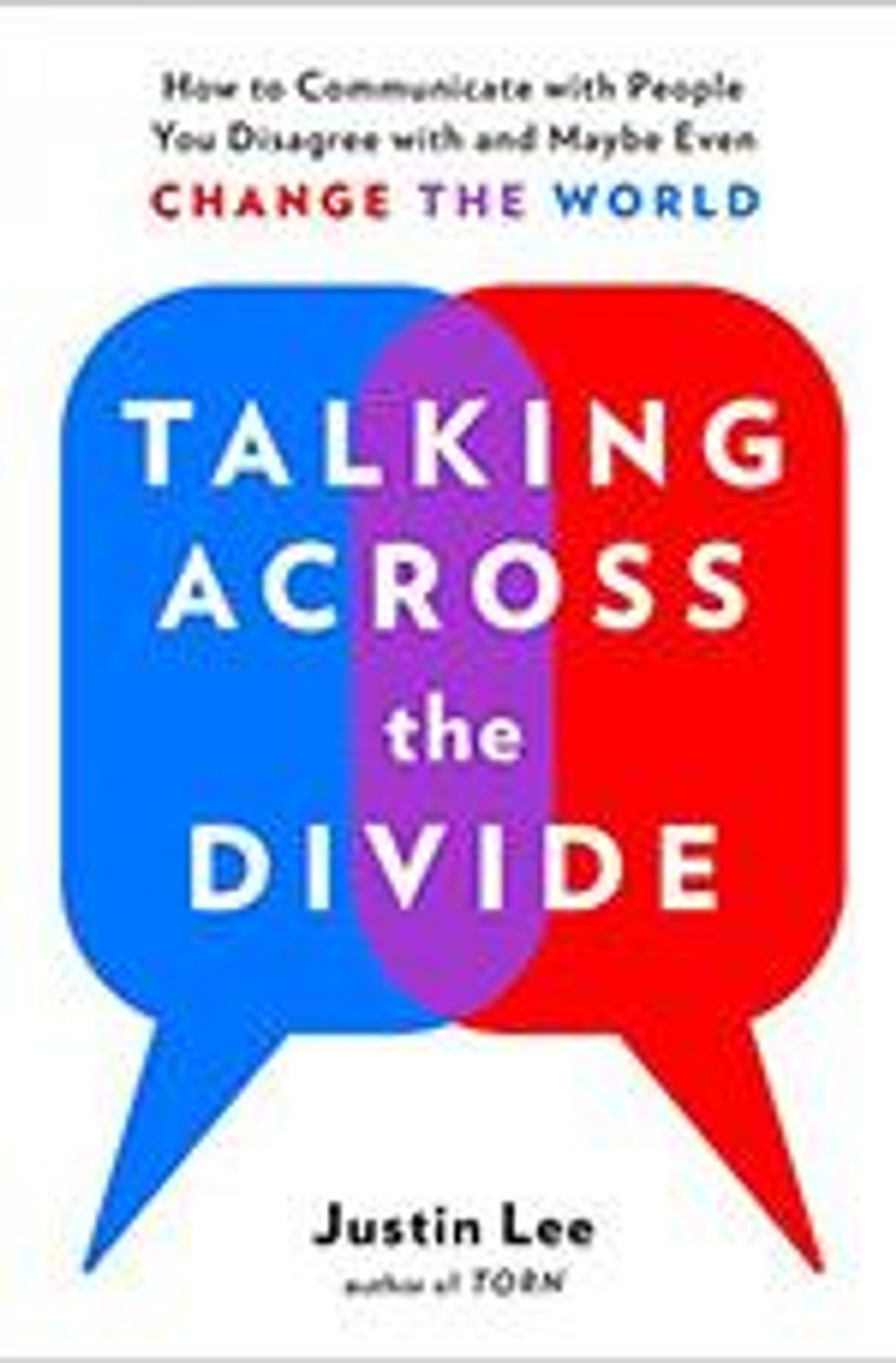

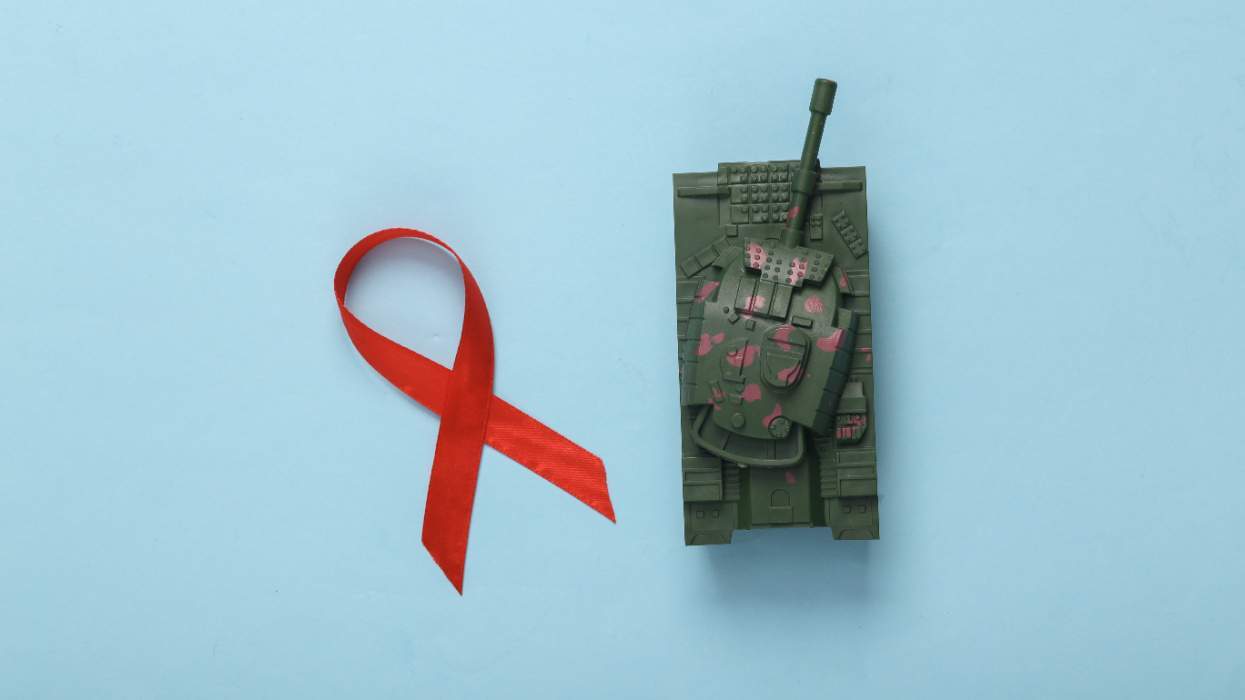
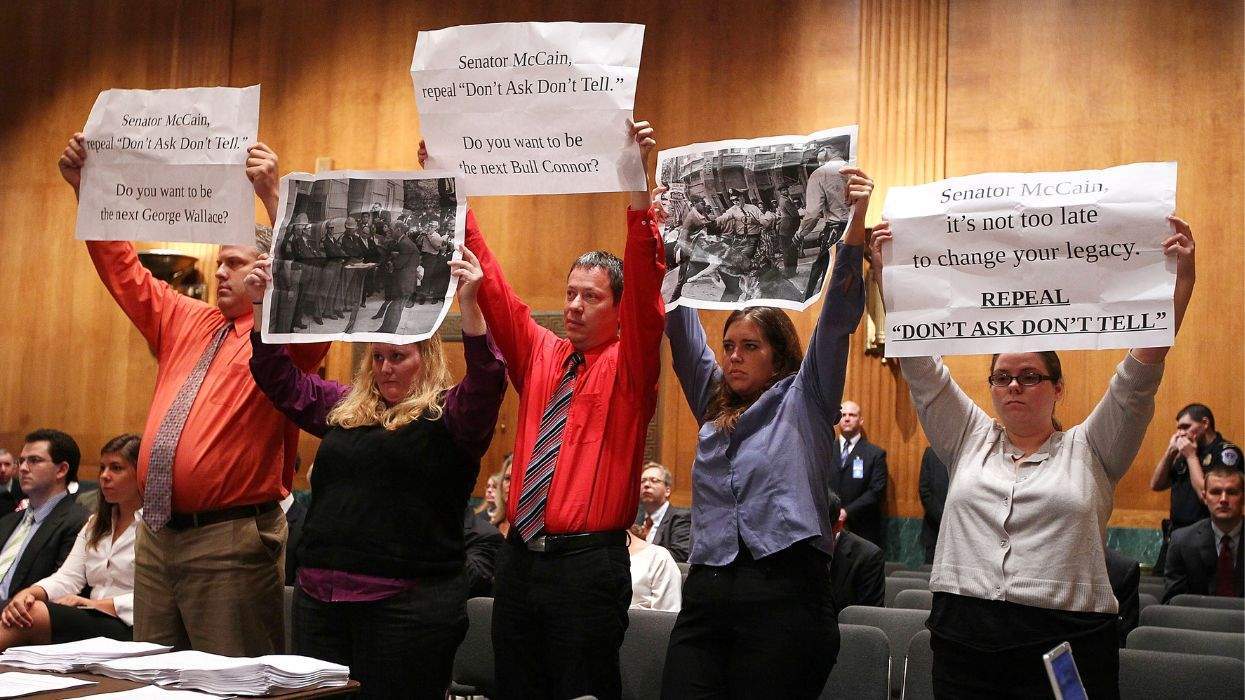



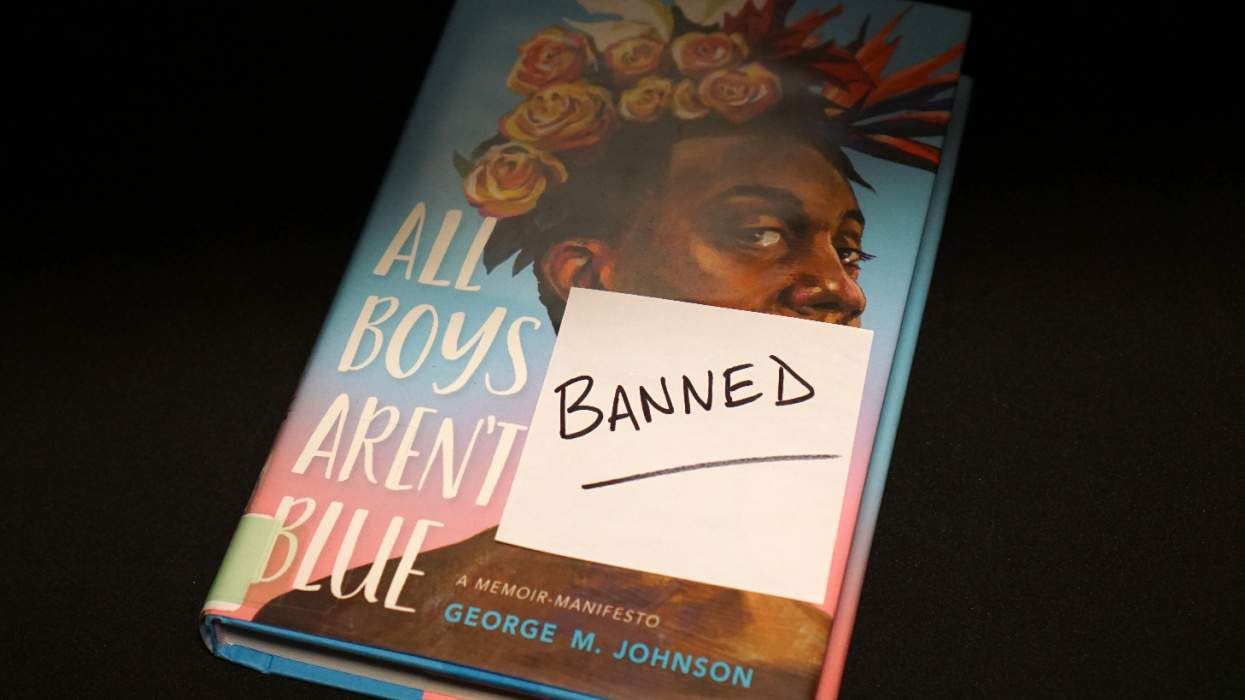
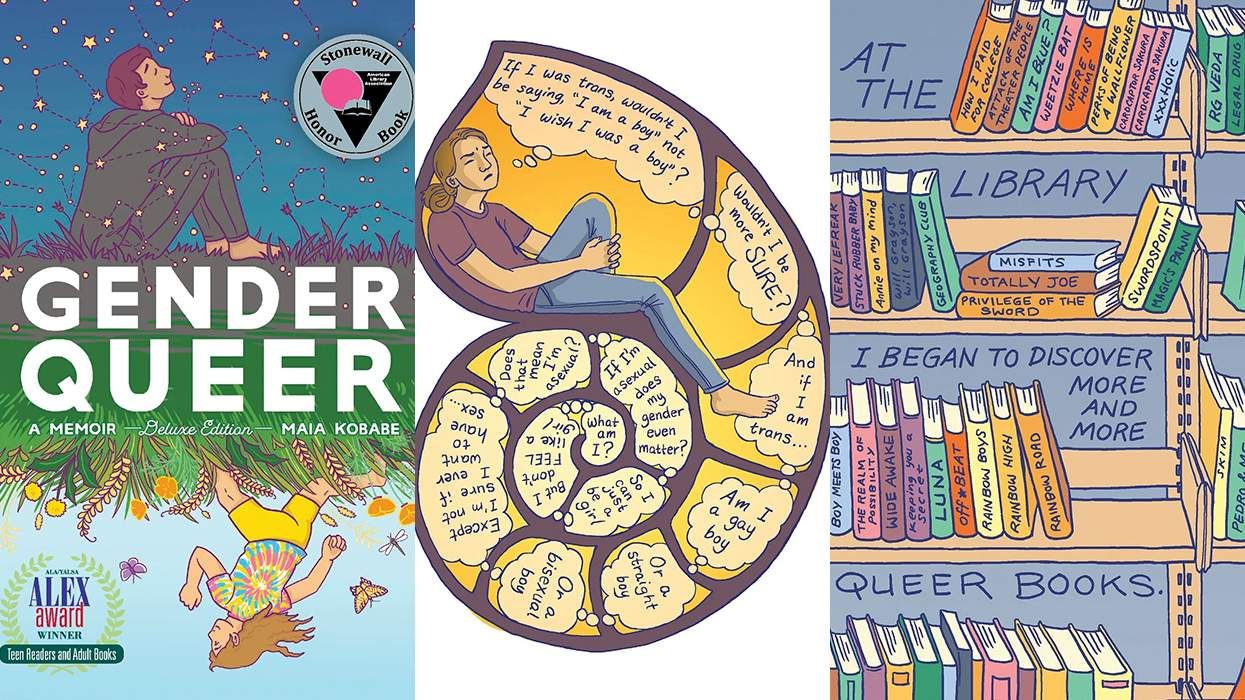

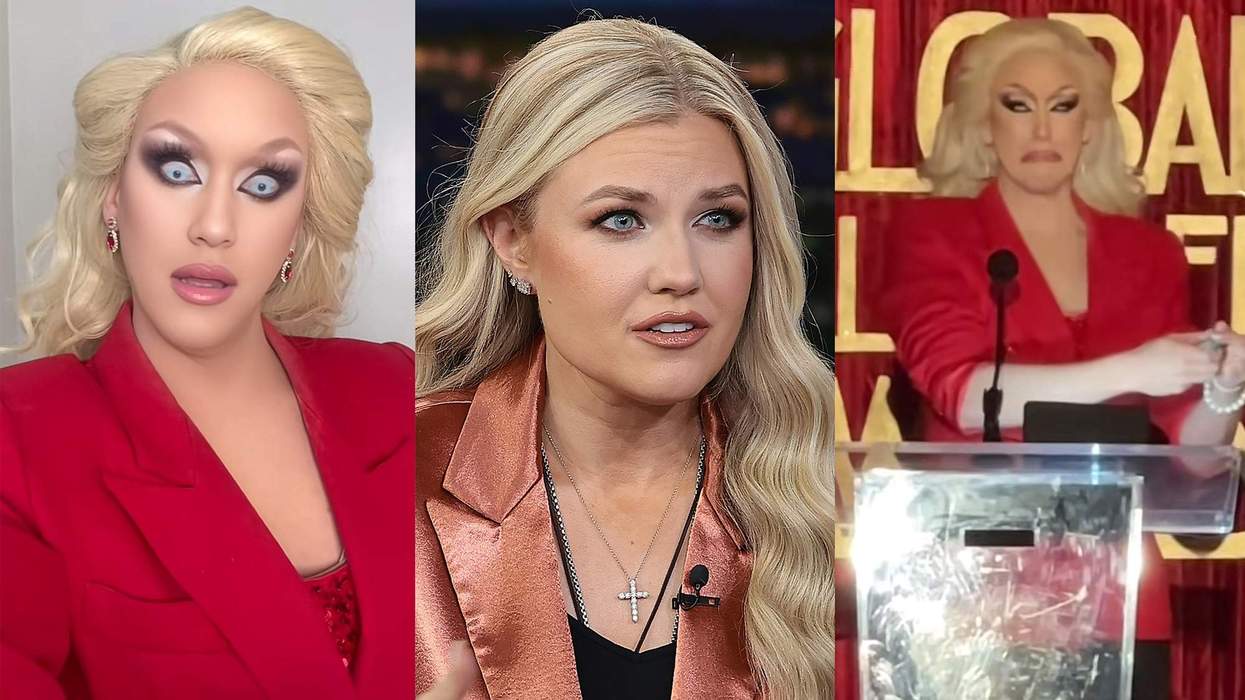

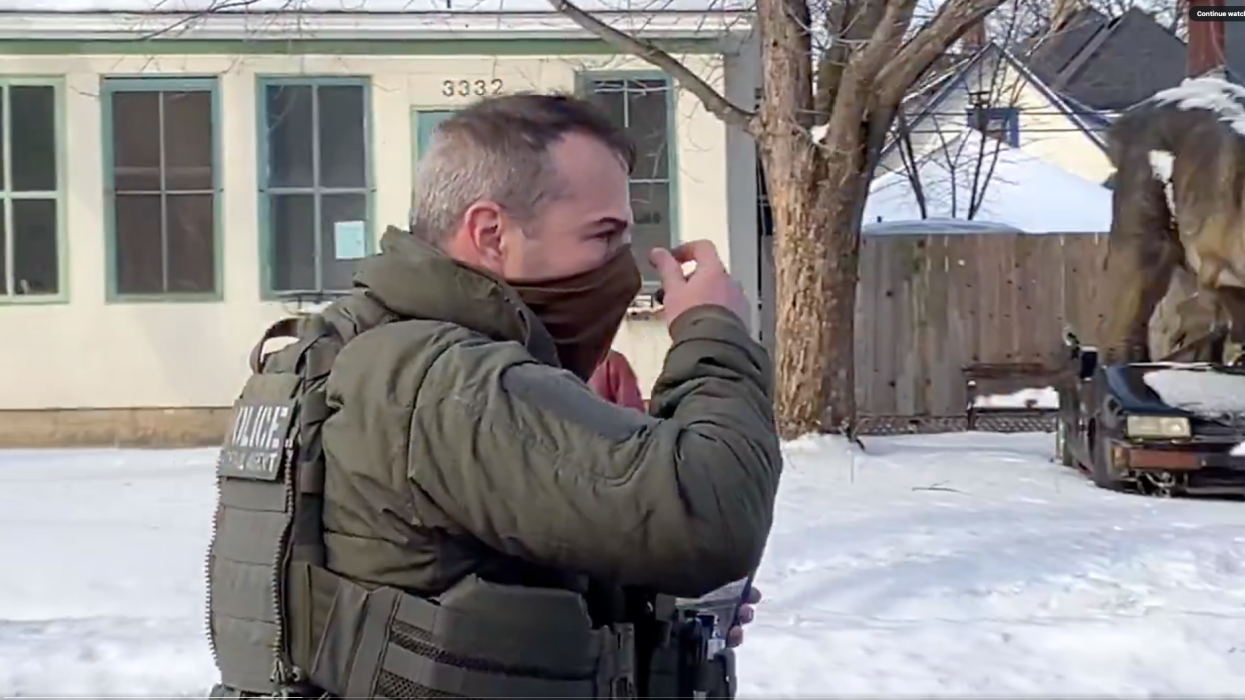
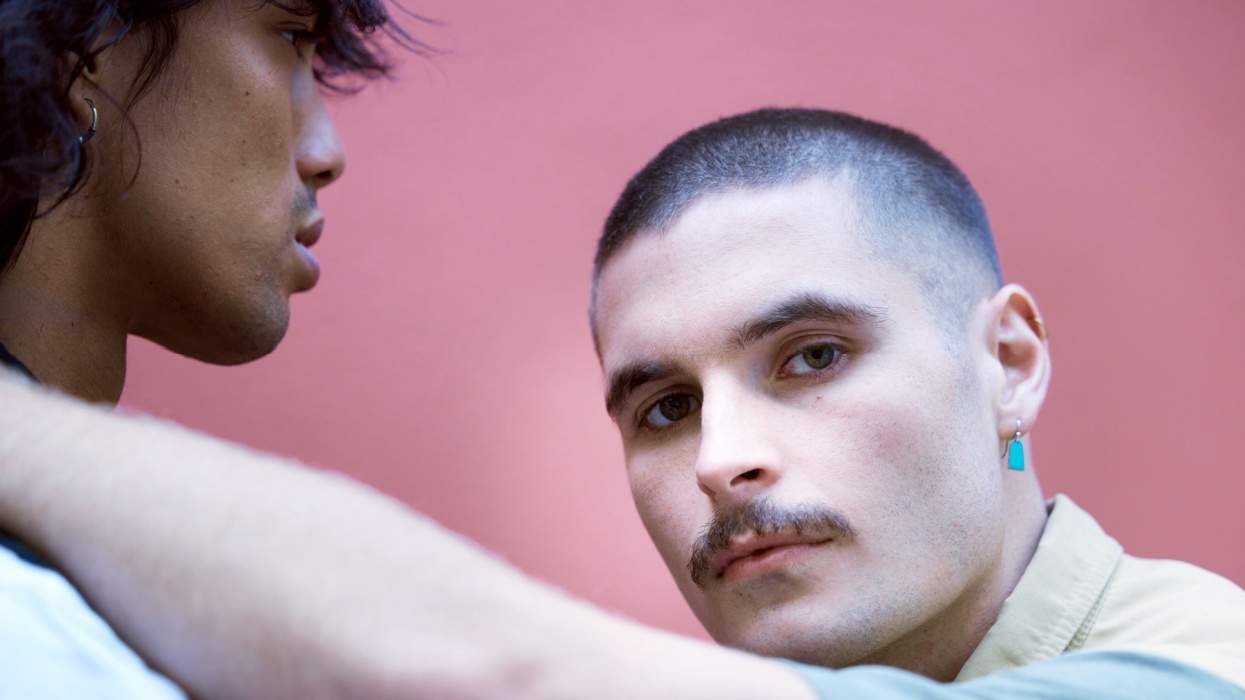

Charlie Kirk DID say stoning gay people was the 'perfect law' — and these other heinous quotes
These are some of his worst comments about LGBTQ+ people made by Charlie Kirk.